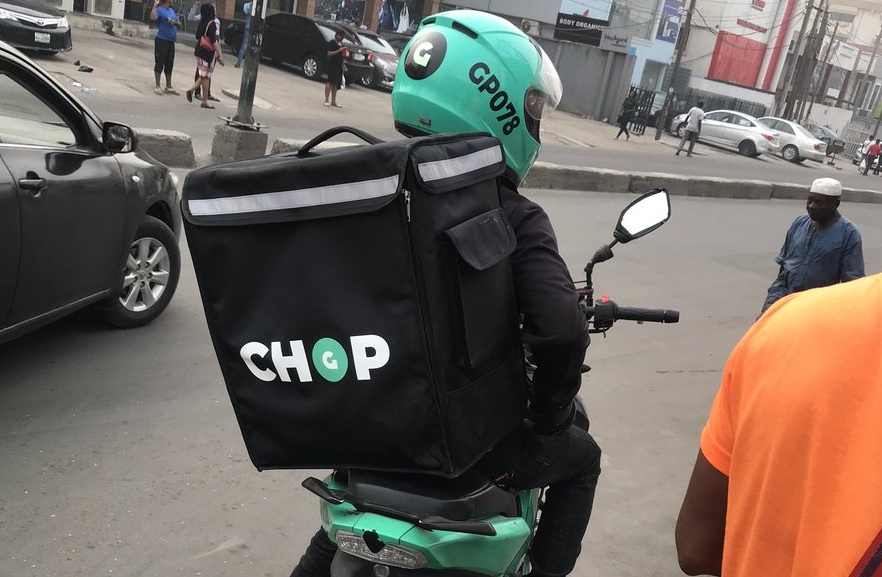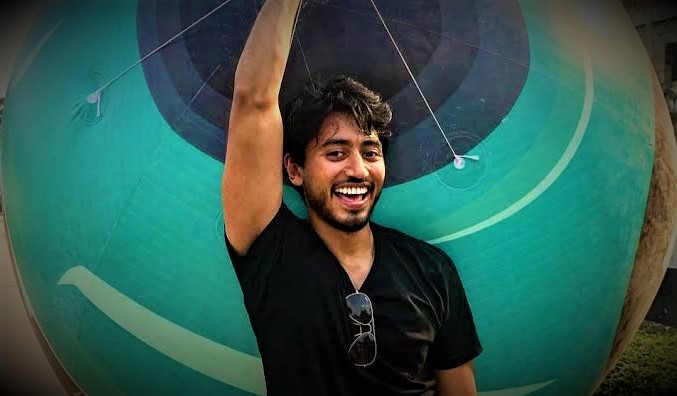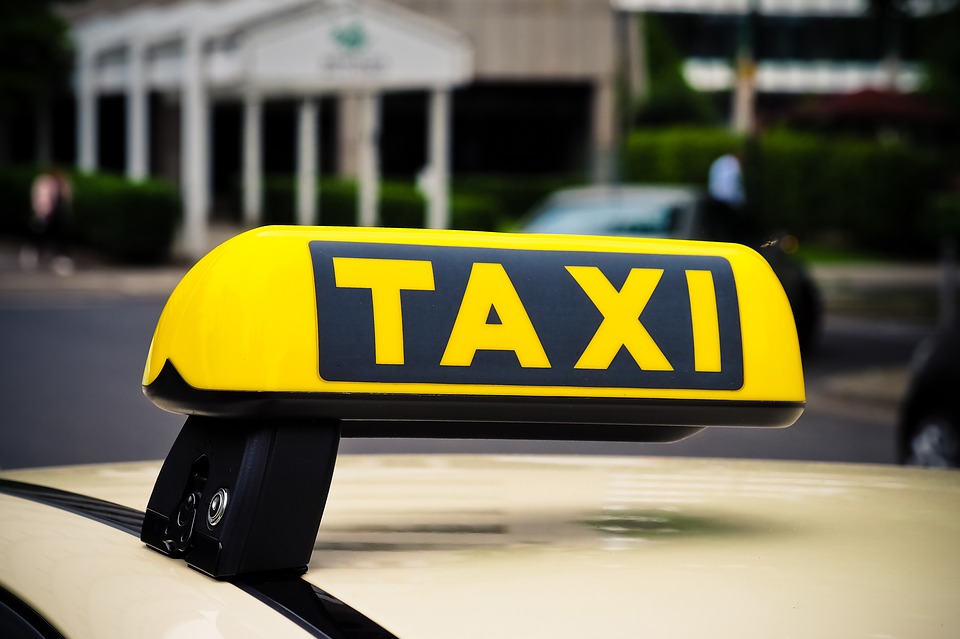As news broke early Wednesday morning of the discovery of Fahim Saleh’s body, past and present Gokada employees, his people in the logistics industry and investors in Nigerian tech struggled with shock and disbelief.
Saleh, who was 33, was without his limbs and head when police turned up at his upscale apartment in New York City. His lifeless torso was found in plastic bags after his sister reported to law enforcement officials that she had tried and failed to get in touch with him for a day.
It’s a brutal, sickening end to an ambitious young life, one that championed an industry with sheer force of personality in a country where innovation is an uphill battle.
“Fahim had everything all figured out. He was very thorough, thoughtful and agile,” Kayode Abass tells me.
Abass was Gokada’s head of special projects between October 2018 and mid 2019. Within the period, he reported directly to Saleh as they deliberated ideas separate from the main motorcycle-hailing business the company had pioneered, including G-Boat, GoMedic and Find Okada, he says.
Describing him as “more of a friend than a boss,” Abass remembers the former Gokada CEO as a hands-on manager who loved to be involved, with an enthusiasm for making personal connections with staff and a bias for precise execution.
By multiple accounts, Saleh had a drive that permeated and defined Gokada. He was the focused, detailed manager at brainstorming sessions who commanded attention, and the relaxed conversationalist who enjoyed off-the-cuff chats with just about anyone he bumped into.
A cruel bump in a difficult ride
Saleh has been forced, in an exceedingly gruesome fashion, to leave behind a company he was navigating through a transition after a major distress. Barely three years old as a startup, Gokada enters a new realm of unease.
Following the ban on motorcycles and tricycles in Lagos on February 1 this year, Gokada and its competitors in the motorcycle-hailing industry began exploring pivots to adjacent sectors.
Saleh made a five-minute video to persuade the state’s authorities to consider a change of heart on the basis of the adverse economic effects of the ban.
Indeed, his company had closed a $5.3 million Series A round in May 2019. Investors in the round include US-based venture capital firms like Rise Capital, IC Global Partners, and Adventure Capital. The latter also invested in Pathao, Saleh’s first bike taxi company in his native Bangladesh. (Rise, IC Global, and Adventure have not responded to requests for comment, as of press time.)
Three months after, Saleh closed Gokada for two weeks to re-strategize in the wake of a giant competitor’s arrival.
Re-opening with brand new 200CC bikes and bluetooth-enabled helmets, Gokada was ready to go big or go broke in its stated mission to make the “okada” transport experience safe and suave.
The appeal, if heard, was largely ignored. More than a few people at the time even denounced it online as unnecessary. Two days later, the company laid off 80% of its staff en route a drastic restructuring.
The Bangladeshi bounces back
Borrowing from his experience in Bangladesh, Saleh began re-positioning Gokada to adapt to the new reality.
The company re-classified its app as a logistics platform, securing a deal with Jumia to become a delivery partner for the ecommerce company’s food vertical. It was salvation from falling off the precipice, as my colleague Abubakar Idris wrote here after speaking with Saleh in May.

Gokada’s switch to logistics was a blow to Saleh’s innovative idea which was alleviating the hellish traffic in Lagos with familiar solutions.
If he was underappreciated or overlooked in life, death clarifies the magnitude of his “trailblazing work” as “someone who represented the future of mobility in Nigeria,” according to Adetayo Bamiduro, co-founder and CEO of MAX, one of Gokada’s competitors.
Like many others on Wednesday, Bamiduro first saw the grim news on WhatsApp, and says he was “shocked and completely taken aback” as though he was watching a scene out of a movie.
He recalls collaborating with Gokada under Saleh’s leadership to contest many irregular practices that threatened their industry’s early take-off. MAX and Gokada, in their heyday, had over 1,000 motorcycles each, but their drivers were often harassed and extorted by members of road transport unions.
As the state’s transport authority and competing unions threatened taxes, accusing the operators of recklessness – one task force official described the bikes as an “eye sore” – Saleh “played a very critical role in establishing the credibility of the industry,” Bamiduro says.
All of this took place within an atmosphere of thinly veiled xenophobia antagonising Gokada, as well as ORide due to its Chinese connections.
A vision interrupted
Whoever takes over the wheel at Gokada has a job replicating the energy Saleh committed into keeping the startup steady amidst adverse winds. They also have to animate the dreams he leaves unfulfilled.
Zachariah George, an angel investor and co-founder of Startupbootcamp Africa, recalls speaking with Saleh three weeks ago. The late CEO spoke of his vision to build Gokada into a pan-African logistics giant.
“We had a long heart-to-heart talk about his journey from the Middle East to his childhood in the U.S.,” George says, remarking that Saleh channeled his life experience into building a community of entrepreneurs in Asia and Africa who were adopting technology for positive impact.
“Fahim is one of the most focused and driven people I’ve met, even in this Lagos,” says Maya Horgan Famodu, founder and CEO of Ingressive Capital.
She had been chatting with him in the last few days regarding a potential acquisition, having been drawn to his talent, sharpness and “incomparable vision.”
Death has interrupted that and other acquisition-related conversations in which Saleh was involved. “This is absolutely devastating and I am sick,” Famodu says, praying justice is swiftly served.
Justice and the unanswered questions
Conversations have begun amongst leaders in the taxi hailing community to immortalise Saleh, Bamiduro, the MAX CEO, says.
At the same time, anger and curiosity swirls around the circumstances of his murder. The New York Times describes the crime scene as the site of a “professional job.”
Multiple reports point to a premeditated assasination. The saw found beside his body was still plugged to an electric socket when the Police arrived, according to the Times. His dog, Laila, was found alive.
What is known so far about his assailant is that he was masked and had followed Saleh out of an elevator in the ten-storey building.
Who was this, and why did this person follow Saleh into his 7th floor apartment to kill him?
The condominium where Saleh’s body was discovered reportedly cost him $2.25 million to buy. He shared a picture of the apartment last year on his Instagram page. Neighbours remember him for candor and joviality. Abass, his one-time employee at Gokada, describes him as an “open book.”
In addition to Gokada in Nigeria and Pathao in Bangladesh, Saleh’s adventures include a venture capital firm that invests in companies around the world. The firm was based in Manhattan, where he breathed his last.




















